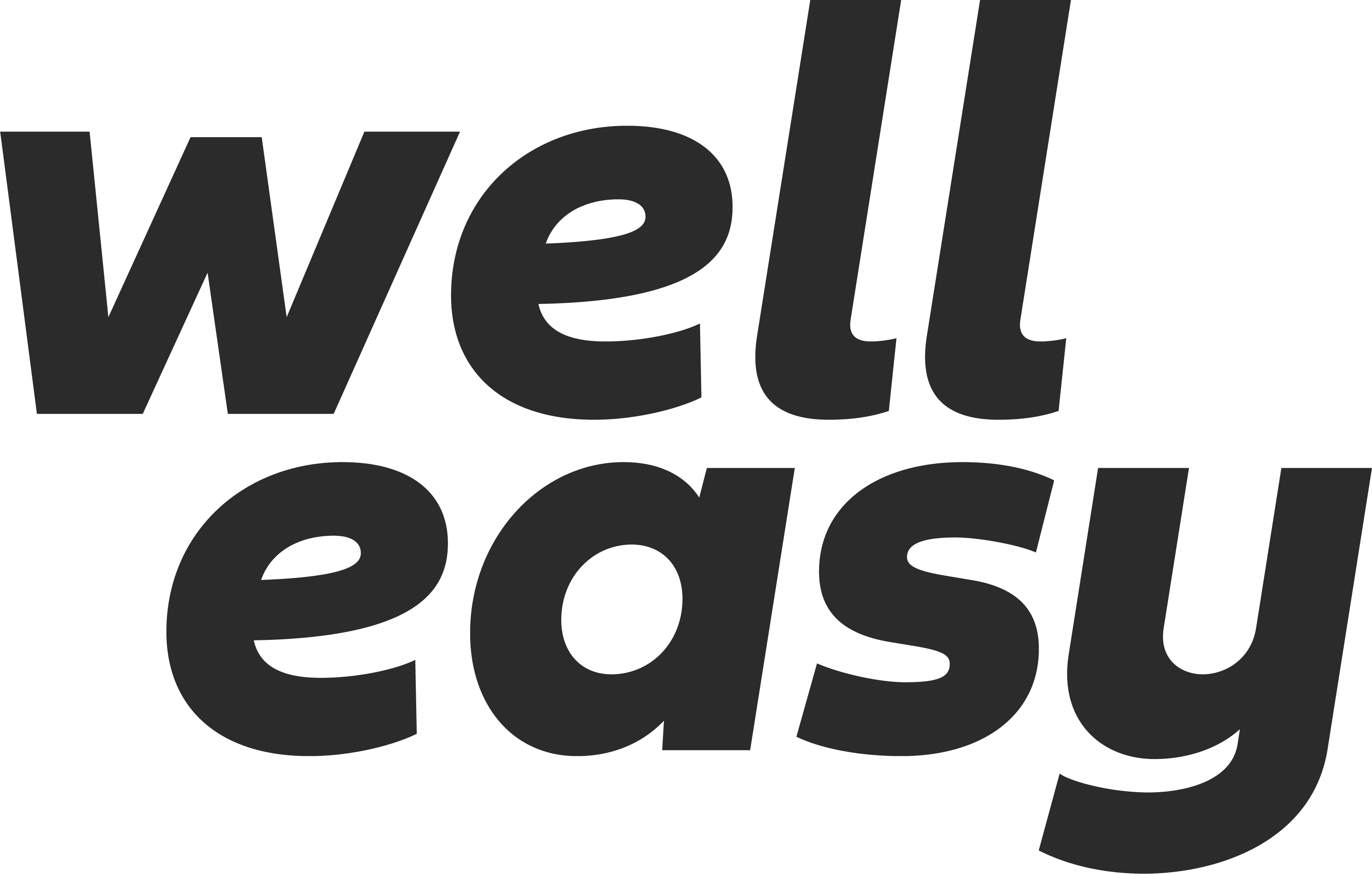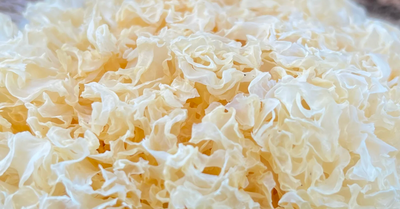
Everything You Need To Know About The Vegan Diet

Everything You Need To Know About The Vegan Diet
Everything You Need To Know About The Vegan Diet
The vegan diet has gained huge amounts of popularity, with the number of people following a strict vegan diet quadrupling in the last decade. Reasons for this range from environmental to ethical to health, but the action remains the same - eliminate all animal-based products from the diet. While there are great health benefits to be gained by following a plant-focused diet, there are a few things to be aware of to ensure you are keeping healthy and avoiding nutritional deficiencies. Whether you are new to the vegan world or a seasoned vegan, this guide will help support your diet change and health journey.
What is the vegan diet and where did it originate?
Veganism is a way of living that excludes all forms of animal exploitation and cruelty, to the greatest extent possible. When applied to the diet this means no meat, fish, diary, eggs, honey and any other products of animal origin. The term vegan was coined back in 1944, according to the Vegan Society, by a group of vegetarians who broke away from the Leicester Vegetarian Society to take the next step. What may sound like a very restrictive diet has been made significantly easier in the last 10 years as more vegan options are introduced to restaurants and supermarket shelves. However, there is a big question over just how healthy some of these alternatives are, something we will expand upon a little later.
The terms plant-based and vegan are often used interchangeably but the key difference is that vegan refers to a lifestyle, excluding animal exploitation from clothing, cosmetics or any other purposes, while plant-based tends to focus only on the diet.
Why vegan?
Ethics
Preventing the exploitation of animals is one of the primary reasons people make the move to a vegan or plant-based diet. A vegan diet and lifestyle aims to avoid any harm coming to animals including death and psychological or physical stress that may arise from the farming methods used.
Environment
Increasing awareness of the impact of farming practices on the planet has caused a big shift in reductions of animal-product consumption. According to recent studies, those who follow a vegan diet are responsible for approximately 50-70% less greenhouse gas emissions compared to meat eaters. This is particularly down to ruminant animals such as cows, sheeps and goats, which produce the greatest greenhouse gases per gram of protein. In addition to the greenhouse gas emissions, the land required to grow protein sources such as soybeans is significantly less per gram of protein than animal protein, and water needs are generally higher for animal protein than plant-based protein.
Health
It comes as no surprise that increasing your focus on plant-foods would provide some health benefits. Vegan and plant-based diets have been associated with better heart-health, lower risk of type 2 diabetes, lower obesity rates, improved digestion and a whole host of other benefits. However the jury is still out on whether these benefits are from the removal of animal protein or solely due to the increase in plant-foods, packed with micronutrients and fibre. There are some key nutrients that are difficult, if not impossible, to obtain from a vegan diet and these need to be carefully monitored.
Religion
Long before we were finding vegan foods taking over the supermarket, there were people practising this plant-based diet due to their religious beliefs. Vegetarianism is mandatory within some religions including Mahayana Buddhism and Hinduism, however, others, such as Jainism follow a stricter form of a vegan diet. Jainism also prohibits the use of any foods that involve the killing of a plant entirely such as root vegetables.
Types of vegan diets
There are several subtypes of the vegan diet:
- Raw food vegan - this diet is based on raw fruits and vegetables, nuts, seeds and other plant-foods that have not been heated above 40°C.
- Dirty vegan/junk food vegan - this is a diet void of whole-foods and relies heavily on mock meats, cheeses and other processed foods.
- Whole food vegan - the opposite to a dirty vegan this diet avoids processed foods and focuses on fruits, vegetables, legumes, nuts, seeds and whole grains.
- Raw ‘til 4 - what it says on the tin! Raw food is eaten until 4pm, at which point cooked food is permitted until the following morning.
- Paleo vegan - the vegan caveman diet, which omits legumes and grains in addition to animal protein.
- Fruitarian - this diet permits only fruit, nuts and seeds.
How to be a healthy vegan
Ensuring you remain healthy on a vegan diet does require a little more planning than for a meat eater, as there are fewer sources of complete proteins and quick meal options. Individuals following vegan diets are at a greater risk of deficiencies in vitamin B12, omega-3 fatty acids, iodine, calcium and zinc, however most of these do not require supplementation with proper planning. While some of these nutrients can be found in fortified foods, it is unwise to rely on fortified foods for your nutritional needs as this will be difficult to maintain.
Zinc - this mineral is plentiful in grains, legumes and seeds. Some beneficial additions to the diet would be black-eyed peas, green peas, pumpkin seeds, sesame seeds and buckwheat.
Calcium - without dairy in the diet the best sources are dark leafy greens (collard, kale), beans (navy beans, pinto) and seaweed (wakame, kombu).
Iodine - primarily found in food from the sea, including in sea vegetables such as seaweed. You only need a 7g serving of nori to meet your iodine requirements.
Iron - vegetarian sources of iron are non-haem iron which needs to be converted into haem iron to be used by the body, however this can be a very inefficient process. Fortunately, vitamin C can increase this conversion, try including a vitamin C source (e.g. lemon, bell peppers) alongside your iron rich foods (soybeans, lentils, spinach, etc.).
Omega-3 - the three omega-3 fatty acids we focus on are ALA, DHA and EPA - in the body ALA converts to EPA which becomes DHA. While ALA is abundant in nuts and seeds, DHA and EPA are not quite so easy to find on a vegan diet and the conversion rate from ALA through to DHA is poor, approximately 10%. Therefore an algae omega-3 supplement may be necessary.
Vitamin B12 - this is only found in substantial quantities in animal protein, and supplementation of B12 is recommended for those following a vegan diet.
Complete proteins are protein sources that contain all 9 of our essential amino acids, i.e. the amino acids we cannot form within the body. The majority of plant-based protein sources are not considered complete, however there are some exceptions, including quinoa, buckwheat, tofu and hempseed. To cover all of the essential amino acids you should eat a variety of plant-based proteins. For example, combining brown rice and beans would provide a meal with a complete protein as together they supply all 9 essential amino acids.
In the process of making a vegan diet easier to follow there has been a huge rise in heavily processed foods, such as vegan ‘chicken’ and ‘cheese’ alternatives. What should, in essence, be a very nutrient rich diet has become consumed with processed foods, containing refined oils, preservatives and colours which are not beneficial to health. While these may be a nice change once in a while, it can be easy for this to become the norm and may not support a healthy lifestyle.
Key points for starting out
- Plan your meals. Check you are covering all your nutrient needs and consuming complete proteins throughout the day. Eventually this will become second nature as you know what you need to look out for!
- Avoid regular intakes of overly processed foods. It can be tempting to reach for the chick’n nuggets for dinner, but perhaps keeping some homemade vegan bean burgers in the freezer will make weekday dinners easier.
- Supplement when necessary, particularly with omega-3 and vitamin B12. If you are concerned about a change in your energy levels, in particular, you can arrange blood tests of iron and active B12 to ensure you are keeping healthy.
What you can eat
Tofu, tempeh, legumes, nuts, nut butter, seeds, algae, nutritional yeast, wholegrains, cereals, pseudocereals, sprouted and fermented foods, fruits and vegetables.
What you can’t eat
Meat, poultry, fish, shellfish, dairy, eggs, bee products, animal derived supplements (e.g. some vitamin D3 products are derived from animal origin, whey, fish omega-3 and casein).
Example meal plan
Breakfast: tofu scramble with mixed vegetables
Lunch: quinoa salad with fresh vegetables, fruits and herbs
Dinner: brown rice pasta with lentil bolognese














